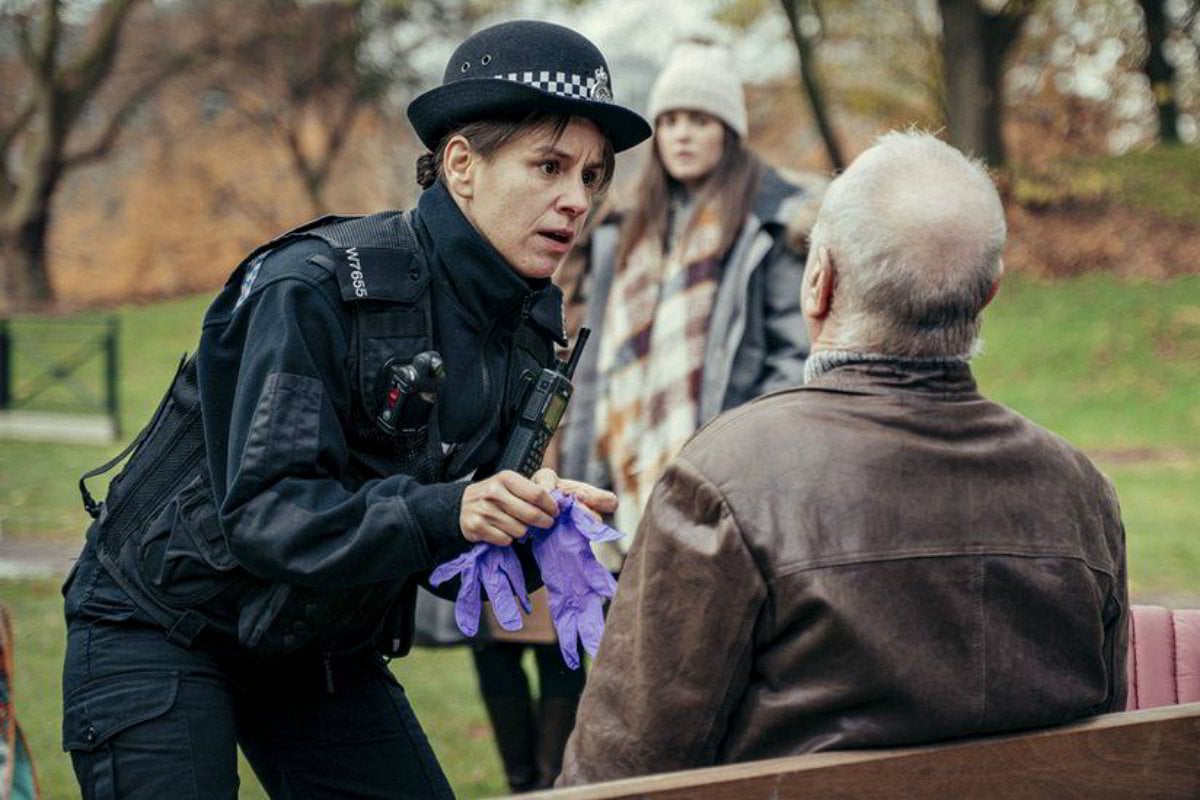
A gym employee in downtown Salisbury was among the first to notice the pair.
It was the afternoon of March 4, 2018. Freya Church was leaving work at Snap Fitness when she spotted a woman aged in her 30s and an older man sitting just a few metres away on a public bench. They appeared to be slipping in and out of consciousness, fitting and vomiting.
"I was particularly worried about her," Freya told The Telegraph. "She was slumped over on the man’s shoulder... He was gesturing at the sky, doing some kind of movements with his hands. He was looking up and his eyes were glazed."
That man was 66-year-old Sergei Skripal, a former Russian military spy turned double agent who'd worked with the UK's secret intelligence service, MI6.
Watch: The events have been captured in the SBS drama series, The Salisbury Poisonings.
The woman was his daughter, Yulia, who was visiting from Russia. She'd arrived in the southern English cathedral city the previous day.
On March 4, the pair went to a local pub together and shared lunch at a pizza restaurant, unaware that a lethal poison was coursing through their nervous system.

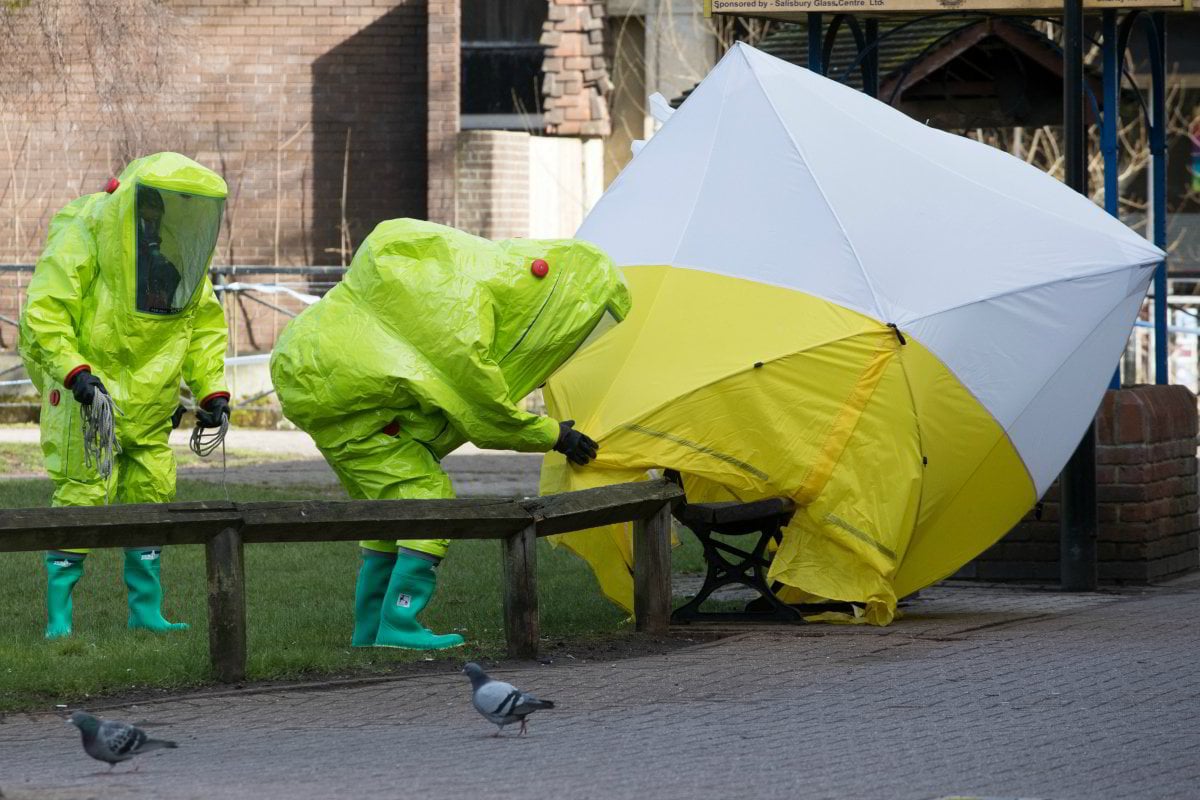
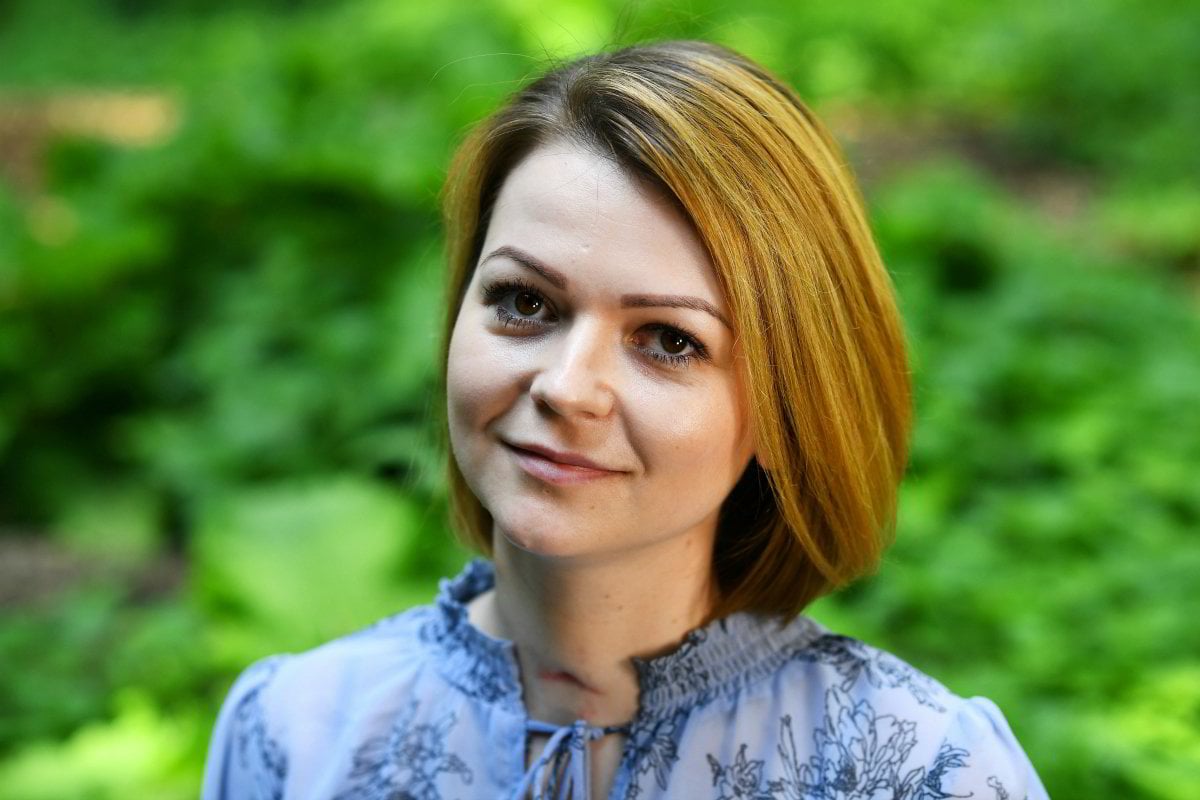
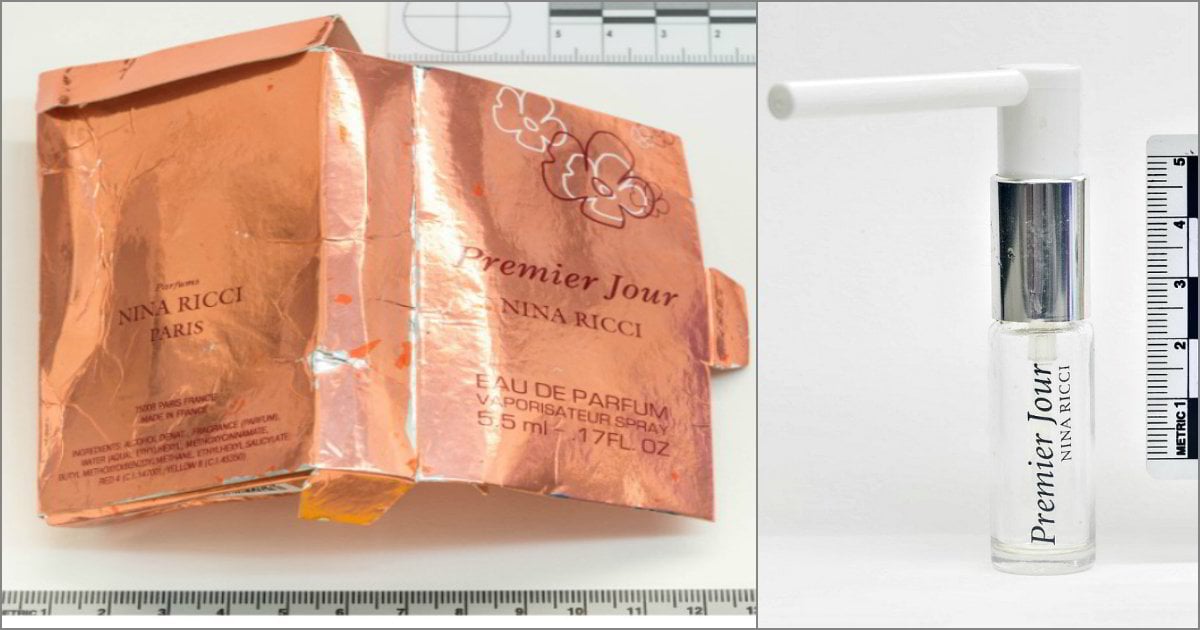
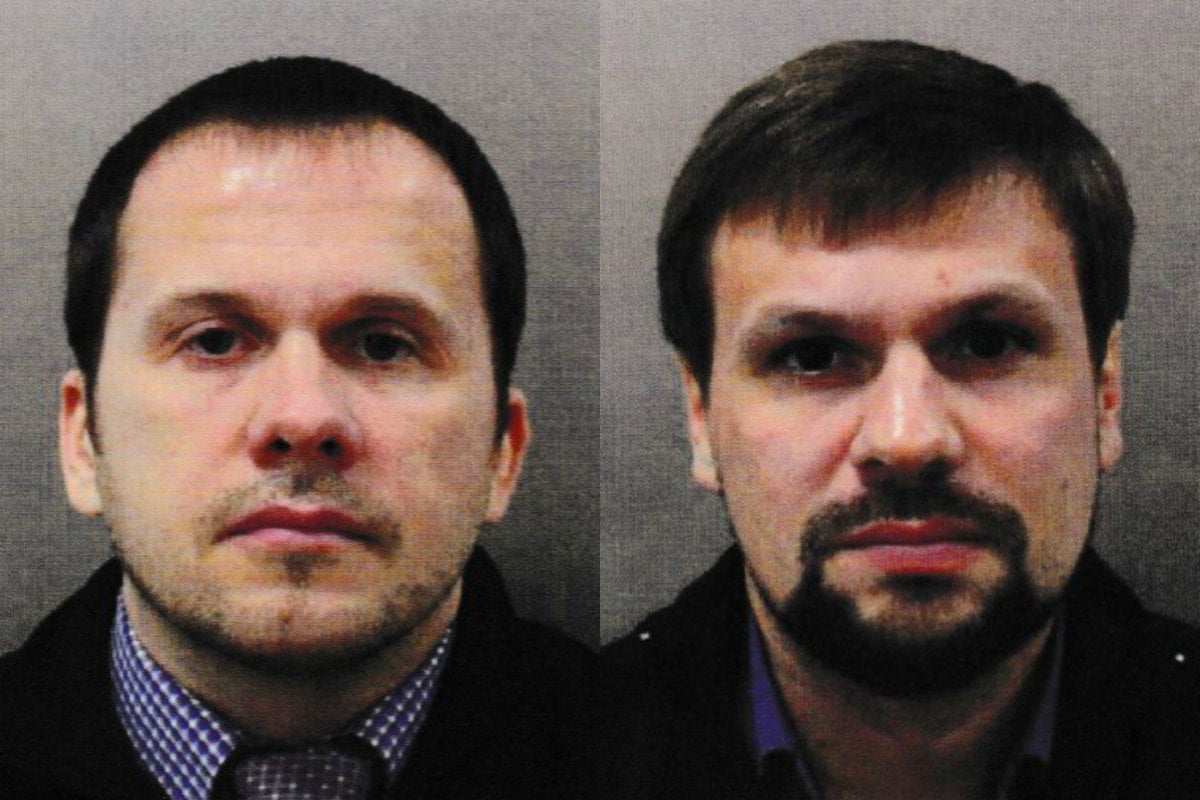
Top Comments